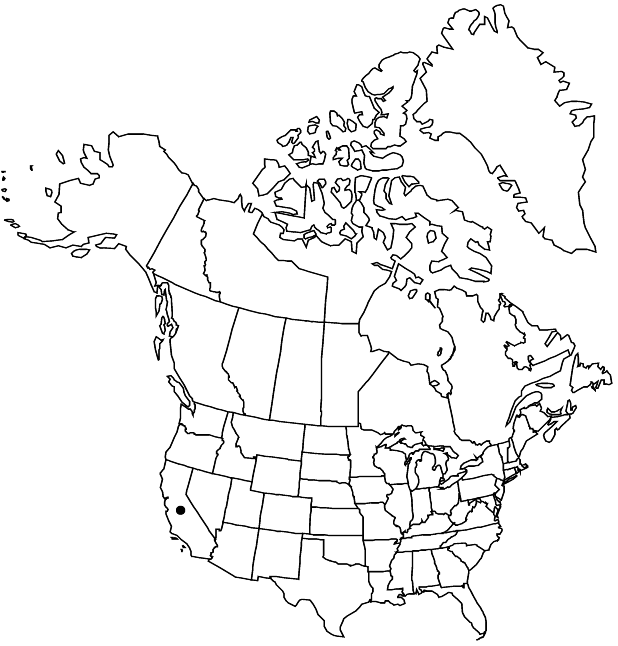Difference between revisions of "Arctostaphylos purissima"
Madroño 19: 195. 1968 ,.
imported>Volume Importer |
imported>Volume Importer |
||
| Line 54: | Line 54: | ||
|publication year= | |publication year= | ||
|special status=Endemic;Conservation concern | |special status=Endemic;Conservation concern | ||
| − | |source xml=https:// | + | |source xml=https://bitbucket.org/aafc-mbb/fna-data-curation/src/2e0870ddd59836b60bcf96646a41e87ea5a5943a/coarse_grained_fna_xml/V8/V8_834.xml |
|subfamily=Ericaceae subfam. Arbutoideae | |subfamily=Ericaceae subfam. Arbutoideae | ||
|genus=Arctostaphylos | |genus=Arctostaphylos | ||
Latest revision as of 22:46, 5 November 2020
Shrubs, erect, 1–4 m; burl absent; twigs densely short-hairy with longer hairs. Leaves: petiole to 2 mm; blade bright green, shiny, orbiculate-ovate to ± orbiculate, 1–2.5 × 1–2 cm, base auriculate-clasping, margins entire, plane, surfaces smooth, glabrous. Inflorescences racemes, simple or 1–2-branched; immature inflorescence pendent, (branches dense, concealed by bracts), axis 0.5–1 cm, 1+ mm diam., densely short-hairy with longer hairs; bracts not appressed, (overlapping), leaflike, ovate to lanceolate-ovate, 5–8 mm, apex acute, surfaces glabrous. Pedicels 3–5 mm, sparsely hairy or glabrous. Flowers: corolla white, conic to urceolate; ovary glabrous. Fruits depressed-globose, 5–8 mm diam., glabrous. Stones distinct. 2n = 26.
Phenology: Flowering winter–early spring.
Habitat: Maritime chaparral on deep, sandy soils
Elevation: 0-100 m
Discussion
Of conservation concern.
Arctostaphylos purissima is known from hills and mesas near the coast (Burton Mesa) in Santa Barbara County.
Selected References
None.
